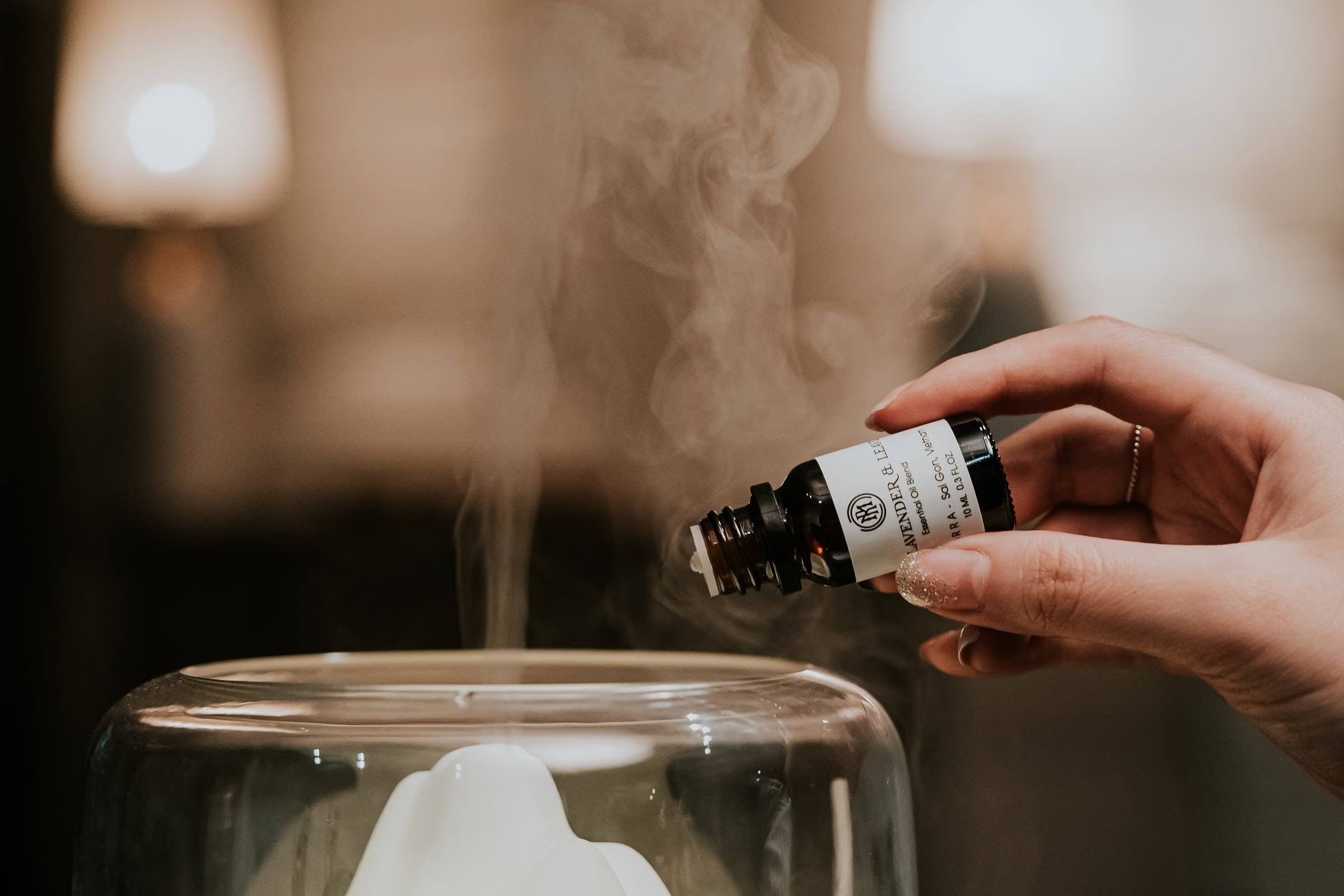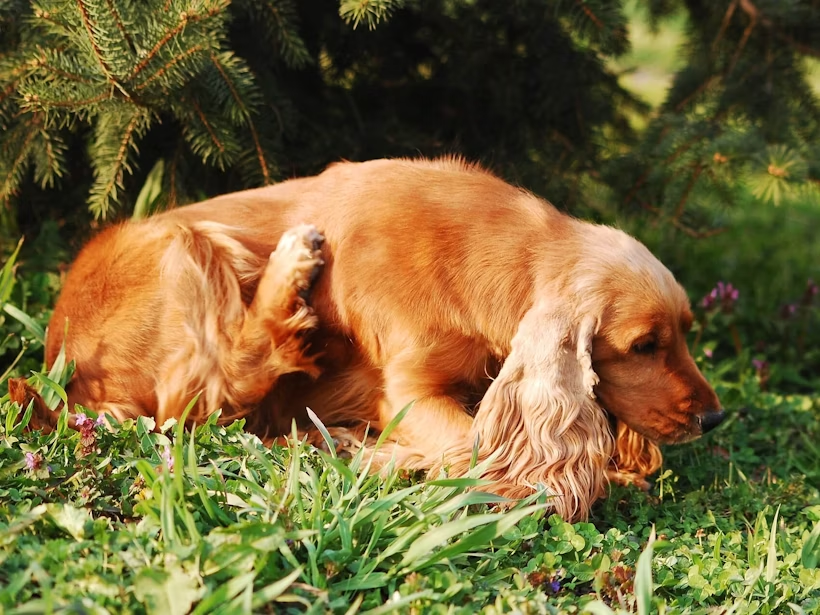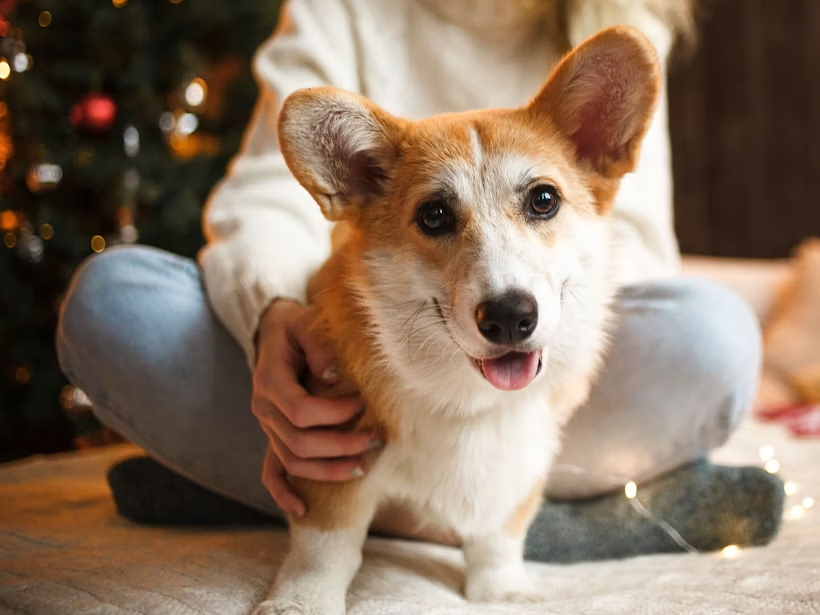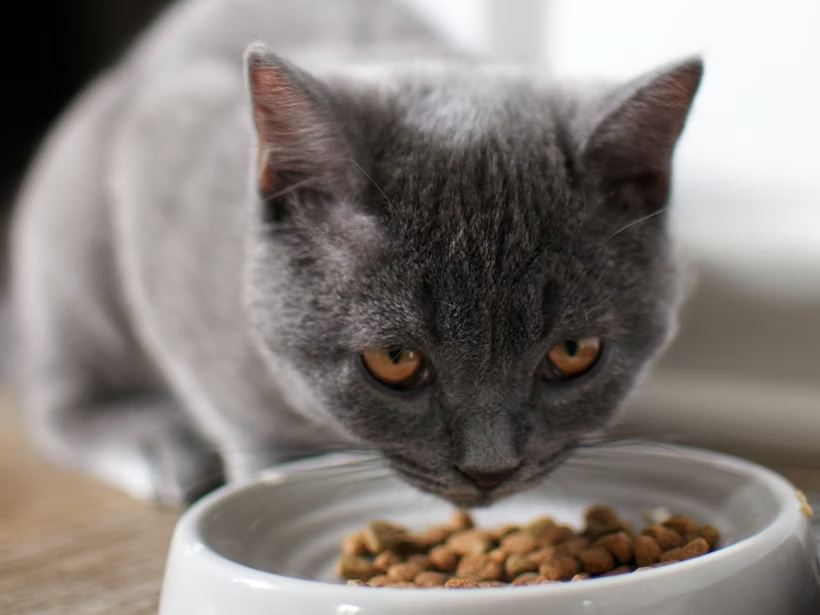Many people consider essential oils to be somewhat of a natural cure-all, easing anxiety, relieving pain, improving focus, and more. But it’s important not to conflate “natural” with “safe”—especially when it comes to our pets.
In fact, certain essential oils can be quite toxic for pets (and cause vomiting, diarrhea, depression, difficulty walking, trouble breathing, and other health problems) when ingested or absorbed through their skin. The same goes for anything made with essential oils, such as candles, incense, or potpourri.
Note: Health risks aside, your furry family member may just not like essential oils. After all, their nose is much more sensitive than yours.
Maybe you’d never think of giving your pet essential oils. But the thing is, it’s easy to do by accident.
For example, one popular way to use essential oils is to pump them into the air with an active diffuser. But what goes up must come down. And if your pet’s around, the essential oil “mist” may land on their fur—waiting to be ingested the next time they groom themselves.
So, what are some better options?
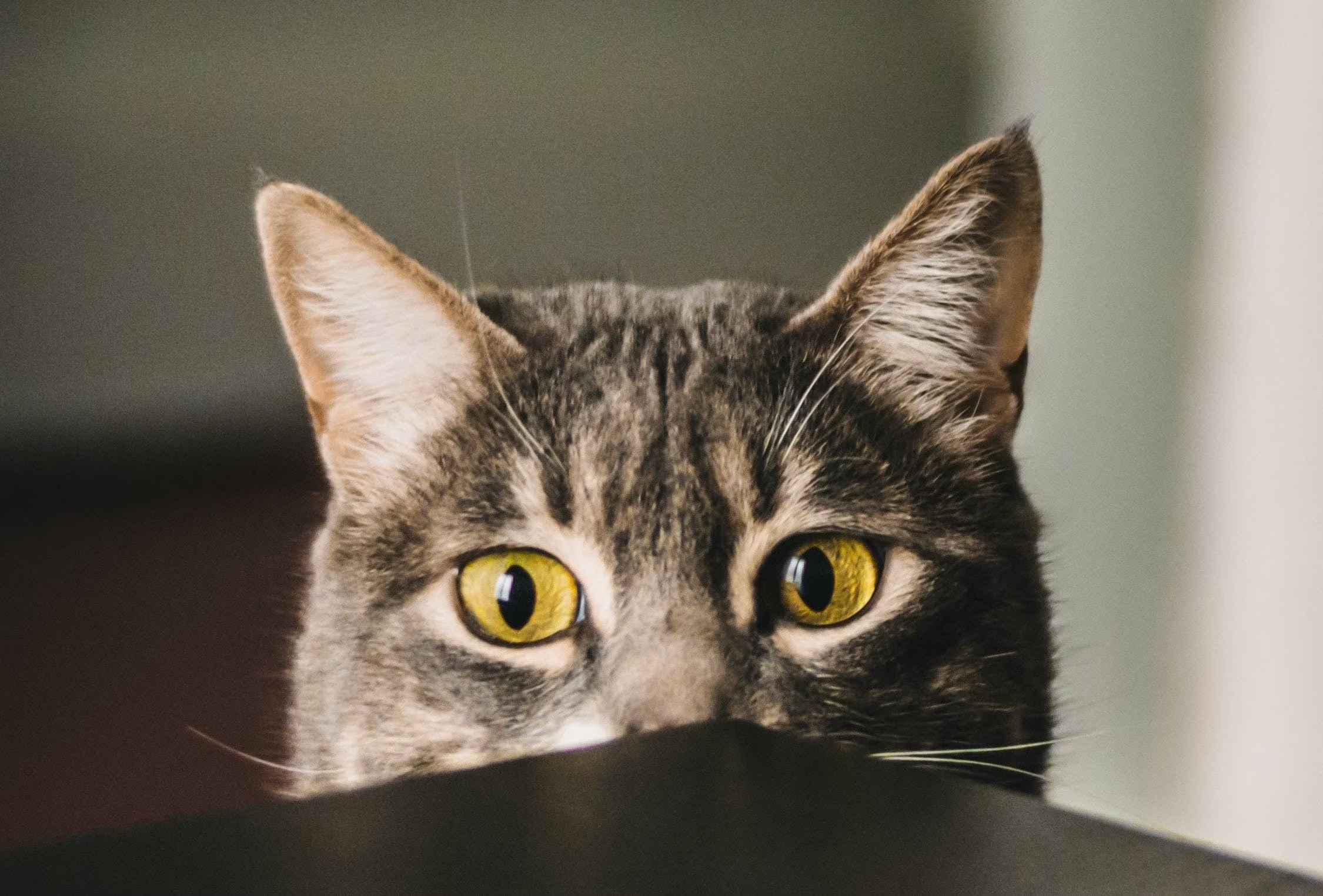
Pet-approved alternatives to essential oils
There are two main reasons you might want to disperse essential oils around your home: Either you’re trying to get rid of a bad smell or you want your space to have a specific scent. Here are eight pet-safe ways to do both.
For eliminating odors:
- Baking soda. You’re probably familiar with the old trick of leaving an open box of baking soda in your fridge to keep bad smells at bay. But did you know this same technique works in your home? Simply pour baking soda into a bowl and set it out wherever you need a little deodorizing. (It might take a few days for you to notice the effect.) Just make sure your pets can’t reach it.
- Air purifier. While they clean the air—which is good for everyone, pets included—air purifiers also help neutralize unwanted odors.
- Enzymatic cleaners. If you’re a pet parent, you probably already have these on hand. Enzymatic cleaners don’t just cover up bad smells. They use biological or chemical reactions to actually break down their source. Hooray, science!
- Bamboo charcoal air purifying bags. As air passes through these low-tech air purifiers, many of the unsavory things that cause bad smells (including allergens, pollutants, and more) get filtered out naturally.
- Regular cleaning. OK, this one may be obvious. But if your pet is the source of the unwanted smell, don’t forget to bathe them regularly. Washing their bedding, wiping down furniture, and replacing your HVAC filter every now and then will also help keep the air fresh.
For spreading good smells:
- Clean-burning candles. Opt for beeswax, which supposedly helps clean the air, or soy. Candles with paraffin may release more impurities and agitate your pet’s respiratory system. On that note, keep in mind that cats are very sensitive to smoke. So, make sure the room is well-ventilated if you’ve got a kitty around. And don’t ever leave a lit candle unattended, else a poorly placed tail might be disastrous.
- Simmering aromatics. Add some whole cloves and a few drops of vanilla extract to a simmering pot of water to fill the house with a delicious scent. You can experiment with the ingredients. (Rosemary and sage are also great.) But if you have a cat, avoid citrus—which is mildly toxic to them.
- Personal passive diffuser. If you absolutely must have your essential oils, consider using a personal passive diffuser. These often come in the form of jewelry, such as a porous necklace that you splash with a few drops of essential oil. As long as it remains out of your pet’s reach, it should be relatively safe to wear around the house. But as an extra precaution, avoid using essential oils known to be dangerous for pets.
Want more pet parenting tips?
Giving your furry family the best life possible doesn’t have to be hard. Follow these five steps to support their health and happiness for years to come.
Read Now